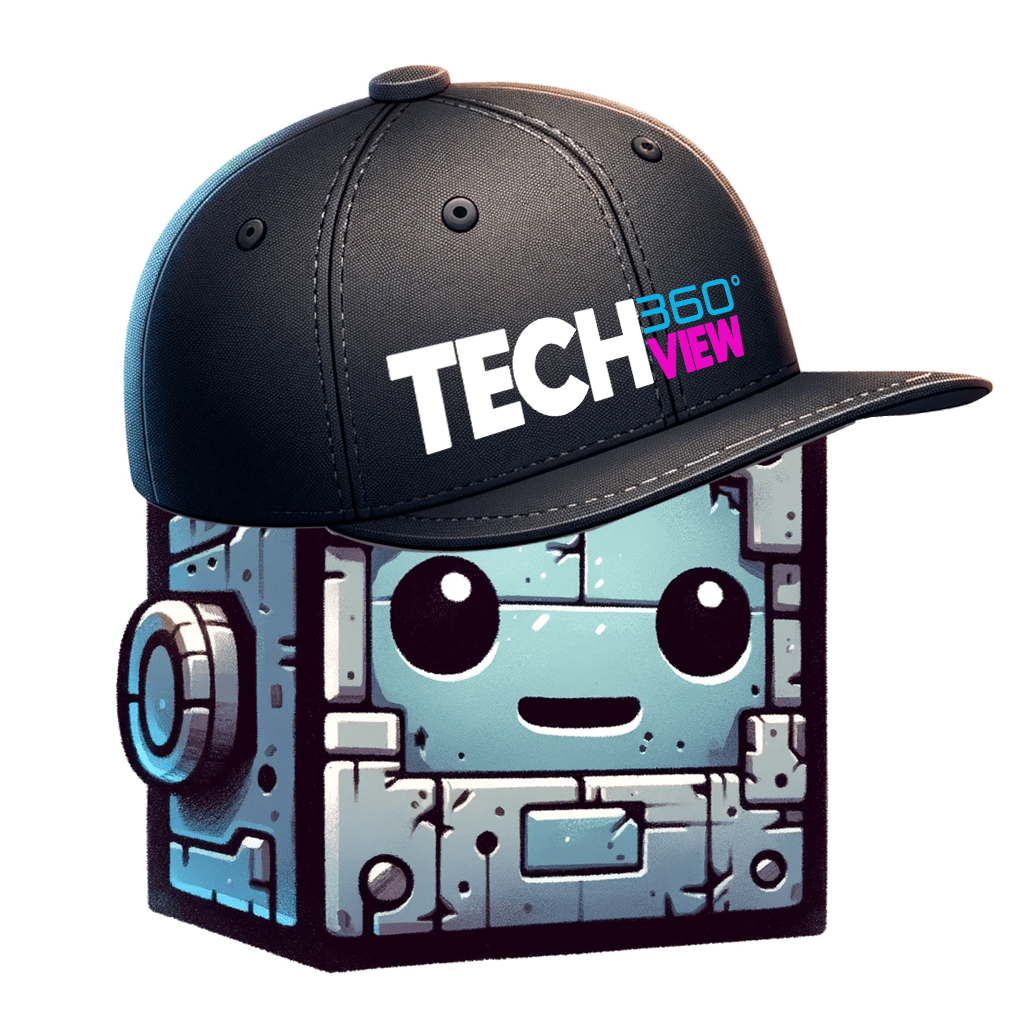
Summary
By 2025, advancements in AI are expected to revolutionize various sectors, with supercharged large language models enhancing business operations, AI-driven healthcare solutions improving early disease detection and personalized medicine, quantum AI solving complex problems, AI-powered cybersecurity offering advanced threat detection, and autonomous AI systems transforming industries like transportation and logistics.
1. Supercharged Large Language Models
By 2025, Large Language Models (LLMs) like ChatGPT and Google’s Gemini are expected to become significantly more advanced and widely adopted across industries. These AI powerhouses will likely revolutionize business operations, enabling tasks such as automated customer service, personalized content creation, and complex data analysis without the need for specialized staff. The integration of these supercharged LLMs into various sectors promises to enhance productivity and efficiency, potentially transforming how companies interact with customers and process information.
2. AI: Your New Health Companion
Significant advancements in AI-driven healthcare solutions are expected by 2025, with a focus on early disease detection and personalized medicine. Predictive analytics powered by AI will be able to identify potential health issues before they become severe, improving patient outcomes and reducing healthcare costs. Companies like Google and Apple are actively developing personal health LLMs to offer tailored guidance based on individual health and fitness objectives, leveraging data from wearable devices and smartphones. These AI health companions aim to provide personalized coaching, recommendations, and even mood tracking, making sophisticated health management strategies accessible to the general public.
3. Quantum AI: The Next Frontier
The integration of quantum computing with AI is expected to create powerful new capabilities by 2025. Early real-world applications of quantum AI may emerge, potentially solving complex problems that are currently intractable for traditional computers. This technology could have far-reaching impacts across multiple sectors, including cryptography, drug discovery, and complex system modeling. The ability to quickly process and analyze large datasets could dramatically speed up research and development efforts across industries.
4. AI-Powered Cybersecurity
As cyber threats grow more sophisticated, AI-powered cybersecurity solutions are expected to become increasingly critical by 2025. These advanced systems will use machine learning to detect and respond to threats more quickly and effectively than current methods. Key enhancements include:
- Automated threat detection and real-time response capabilities
- Predictive analytics to anticipate potential vulnerabilities
- AI-driven network monitoring and anomaly detection
- Intelligent automation of security workflows and incident response
By leveraging AI, organizations can significantly improve their cybersecurity posture, reducing the risk of data breaches and minimizing the impact of cyber attacks. This technology will be particularly crucial as the expanding digital landscape creates new attack vectors and challenges for traditional security approaches.
5. Autonomous AI Systems
Autonomous AI systems are set to advance significantly by 2025, impacting industries such as transportation, manufacturing, and logistics. These systems will be capable of making decisions and performing tasks without human intervention, leading to increased efficiency and reduced operational costs. Innovations in autonomous vehicles, drones, and robotic process automation (RPA) are expected to drive this trend, transforming how goods are produced, transported, and managed. For more insights on the latest AI technologies and trends, visit Tech360View.

